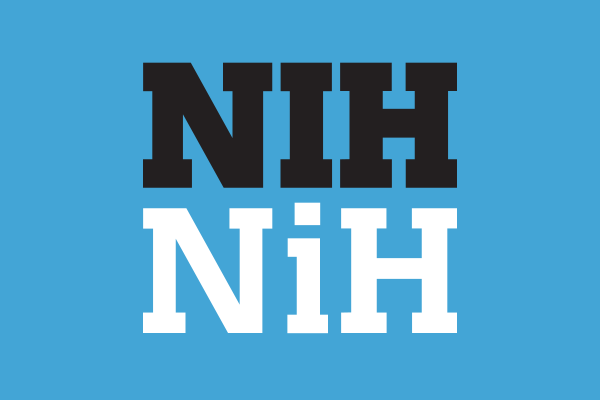Health Capsule
Testosterone Therapy Tested in Older Men
As men age, they often produce less testosterone than they did in their youth. Testosterone is a chemical signal that contributes to male characteristics, such as a deep voice, facial hair, and muscle growth. Men with low levels of testosterone may have symptoms such as fatigue, decreased sexual desire, and difficulty walking.
To see if testosterone therapy might help ease such symptoms, NIH started a series of studies called the Testosterone Trials. These trials are a key step before considering larger, lengthier trials to assess long-term risks and benefits.
Results are in from 3 of the trials. These focused on men with low testosterone levels who had either low sexual function, difficulty walking, or low vitality (fatigue and low energy).
Researchers enrolled 790 men, ages 65 and up, at 12 sites nationwide. The men received a gel, either with or without testosterone, to apply to their skin every day for a year.
For men who had low sexual function, the testosterone therapy increased sexual desire and function. But for the men in the other 2 trials, the treatment didn’t improve walking ability or vitality.
When the researchers combined data from all 3 of the trials, walking speed and distance did seem to improve with testosterone. The therapy also had some benefit for mood, energy, and depressive symptoms among men in all 3 trials combined.
The findings suggest that testosterone treatment of older men who have very low testosterone levels may have some benefit. “However, decisions about testosterone treatment for these men will also depend on the results of the other 4 trials,” says head researcher Dr. Peter J. Snyder at the University of Pennsylvania School of Medicine.
Older men who are considering testosterone therapy should discuss potential benefits and drawbacks with a health care provider.
NIH Office of Communications and Public Liaison
Building 31, Room 5B52
Bethesda, MD 20892-2094
nihnewsinhealth@od.nih.gov
Tel: 301-451-8224
Editor: Harrison Wein, Ph.D.
Managing Editor: Tianna Hicklin, Ph.D.
Illustrator: Alan Defibaugh
Attention Editors: Reprint our articles and illustrations in your own publication. Our material is not copyrighted. Please acknowledge NIH News in Health as the source and send us a copy.
For more consumer health news and information, visit health.nih.gov.
For wellness toolkits, visit www.nih.gov/wellnesstoolkits.



